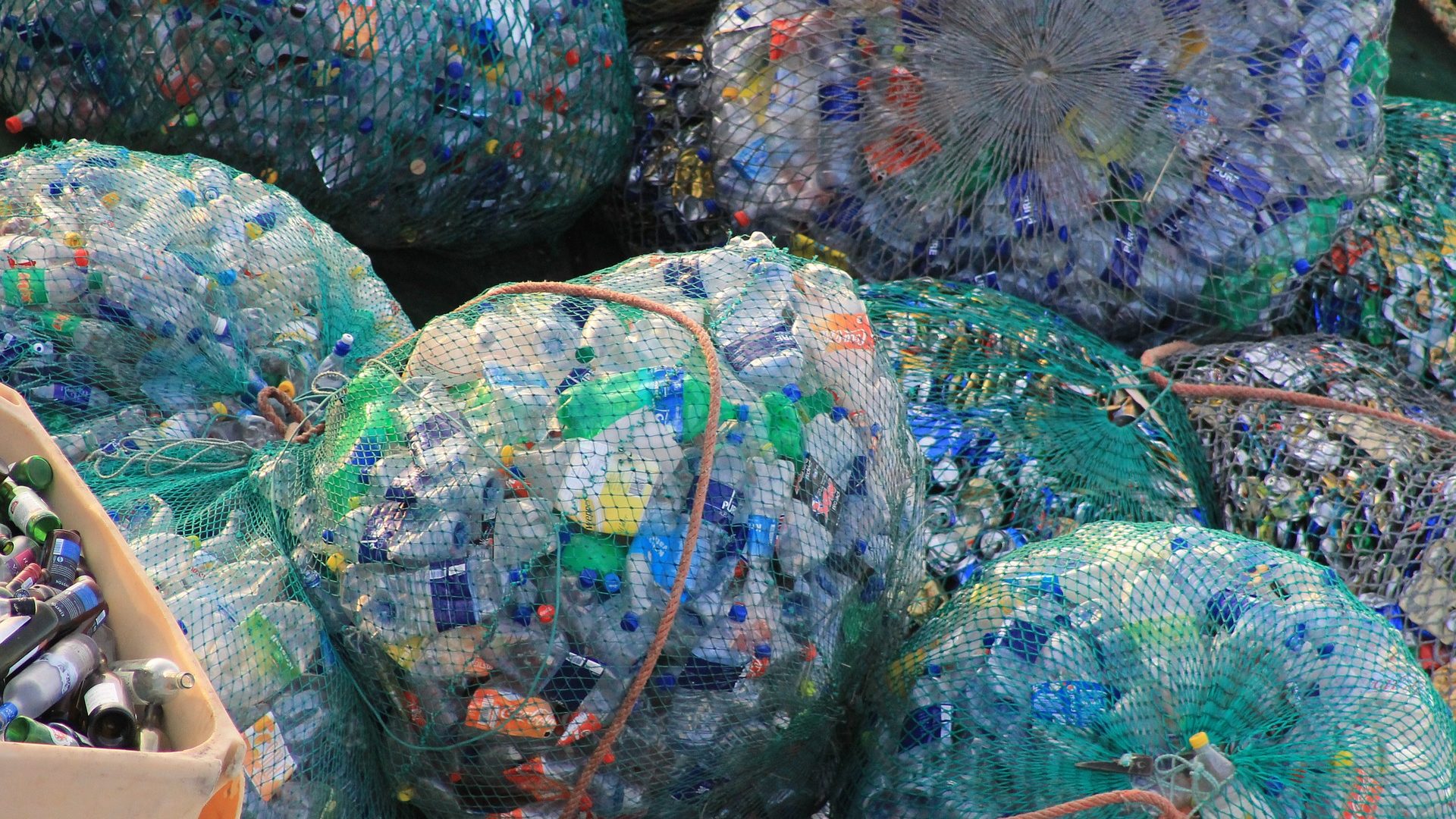The climate and ocean crises are global problems that are having untold consequences for our planet. With projections suggesting that by 2050 our oceans will contain more plastic by weight than fish, tackling ocean plastic pollution is more urgent than ever.
To mark World Oceans Day, director of the Prevented Ocean Plastic programme, Raffi Schieir, explains how our current recycling systems are causing ocean plastic pollution.
What is wrong with the UK’s recycling systems?
Currently less than 10 per cent of the plastic ever produced has been recycledand just 14 per cent of plastic packaging is collected for recycling globally. This is a massive issue as much of the plastic not recycled ends up polluting our oceans and that is having a terrible impact on them and the communities living alongside them.
Shockingly, the UK exports a proportion of its plastic waste to developing countries, the majority of which is not suitable for recycling there and so it is either burned or left to decompose or leak into waterways. In both instances causing detrimental effects to nature and biodiversity there.
The UK is the second worst country in the world for producing plastic waste. It sits just behind the USA as the country that generates the most plastic waste per person per year, that’s 99kg per UK citizen. After recycling, the most common destination for the UK’s rubbish is landfill, with 24 per cent of waste sent there in 2016.
How would a circular economy help?
Ninety-five per cent of plastic packaging loses its material value – equivalent to $80-120billion annually – after one use. But it doesn’t have to be this way. Creating a circular economy on plastic is the best way to address plastic pollution. In a circular economy, plastic maintains its value and doesn’t become waste or litter – addressing pollution at its source.









